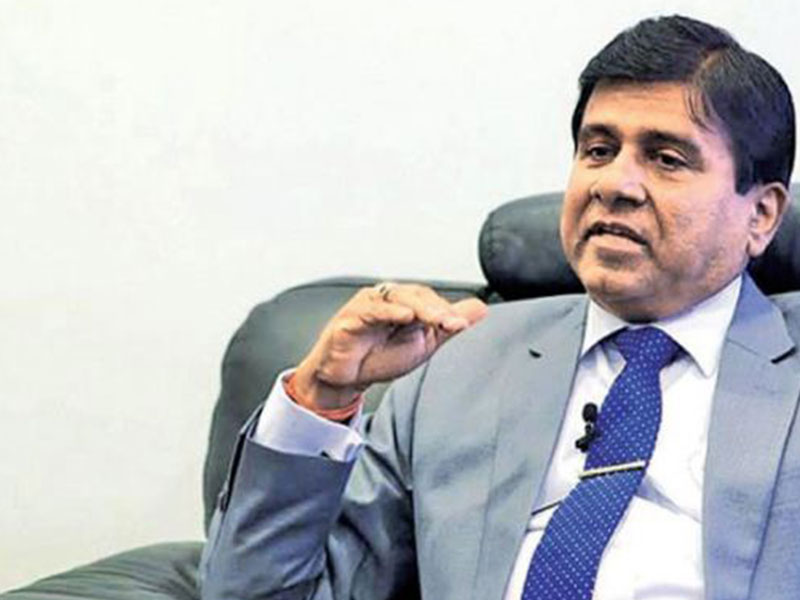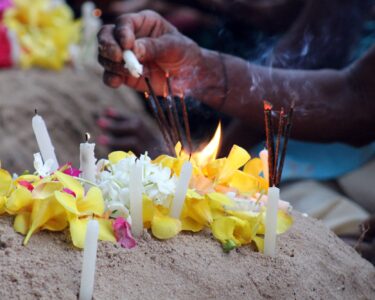Sri Lanka’s Parate Law, a controversial fast-track foreclosure procedure, has ignited a fresh public debate after Justice Minister Wijeyadasa Rajapaksha lashed out at banks exploiting the law for undue profits and personal gain.
Rajapaksha accused officials of misusing the law to acquire mortgaged assets for themselves, alleging banks inflate profits through unnecessary Parate executions. He called for immediate review and potential reform of the law.
The Sri Lanka Banks Association (SLBA) responded, defending the legal right to Parate but emphasizing its use as a last resort. They stressed the need to protect depositors’ funds, which fuel loan disbursements and form the bedrock of the bank system.
“Banks are responsible for managing these funds cautiously to avoid compromising depositor confidence, which can have drastic economic repercussions,” the SLBA stated.
However, the association acknowledged the financial difficulties faced by borrowers and outlined efforts to assess and remedy situations before resorting to Parate. They advocate for a collaborative approach involving banks, borrowers, and regulators to find solutions.
The Parate law allows banks to sell a mortgaged property swiftly without lengthy court proceedings. While intended to expedite debt recovery, it has come under increasing scrutiny for alleged misuse and potential injustice for borrowers facing economic hardship.
The Minister’s accusations and the SLBA’s response have reignited calls for a balanced approach that protects both creditors and debtors. Public concerns around transparency, due process, and potential abuse within the Parate system remain at the heart of the debate.
As economic pressures mount in Sri Lanka, the future of the Parate law promises to be a key point of discussion, with significant implications for both the banking sector and individual borrowers.







